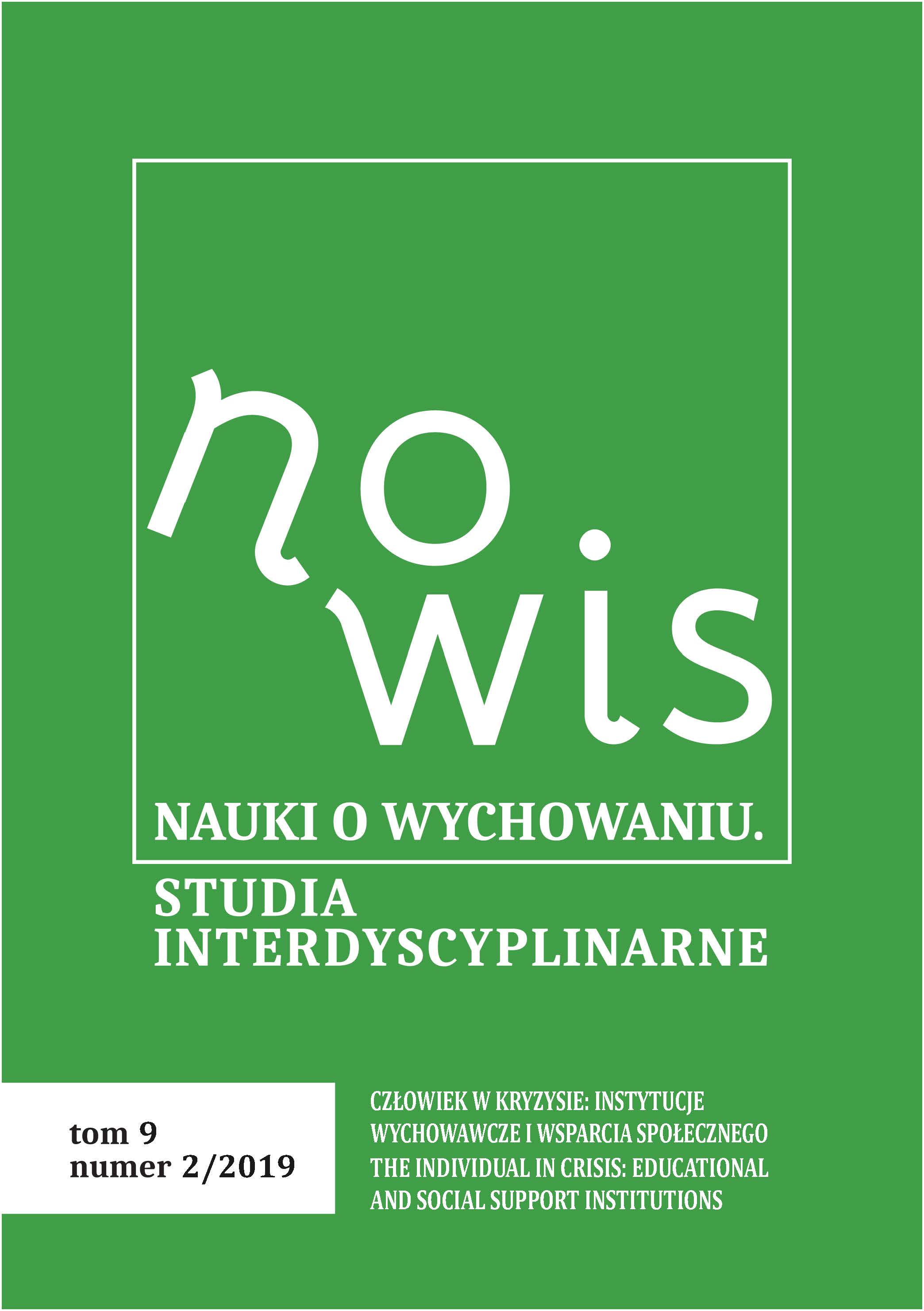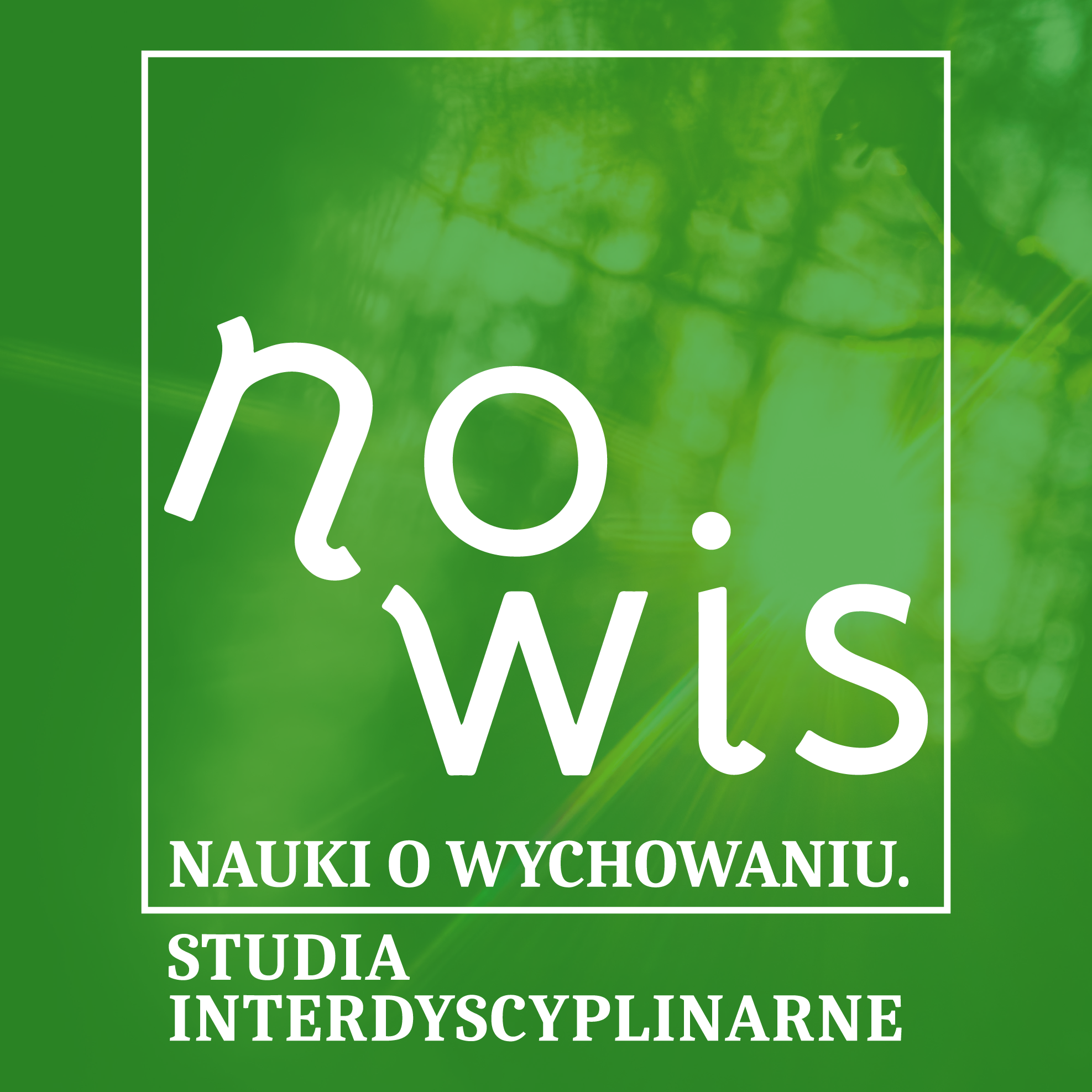Różne aspekty zaufania: dziwny przypadek mistyfikacji naukowych
DOI:
https://doi.org/10.18778/2450-4491.09.15Słowa kluczowe:
proces recenzji, mistyfikacja naukowa, zaufanie do naukiAbstrakt
Niniejszy artykuł opisuje projekt, w którym skorzystano ze „sztuki oszustwa” w kontekście publikacji biomedycznych. Badamy mistyfikację naukową mającą na celu ujawnienie problemów w procesie recenzji. Stawiamy pytanie: czy mistyfikacje naukowe oparte na podstępach mogą być uzasadnione? Korzystając z wywiadów z brytyjskimi naukowcami z dziedzin biomedycznych, zidentyfikowaliśmy zagadnienie zaufania jako kluczowy element w ocenie mistyfikacji przez naukowców. Mistyfikacje postrzegane są przez jednych jako zwiększające zaufanie, a przez innych jako je naruszające. A zatem zaufanie jest w nauce koncepcją zmienną: można je wykorzystać do obrony dwóch zupełnie różnych, a czasem nawet przeciwnych stanowisk. W tym przypadku argument zaufania został wykorzystany do obrony mistyfikacji i do wysunięcia argumentów przeciwko nim.
Bibliografia
Baringer P. S. (2001) Introduction: The “science wars” in: After the science wars: science and the study of science, K. Ashman & P. S. Baringer (eds.), New York, Routledge: 1–13.
Google Scholar
Beall J. (2015) Predatory journals and the breakdown of research cultures, “Information Development”, 31 (5): 473–476.
Google Scholar
Bohannon J. (2013) Who is afraid of peer review? “Science”, 342 (6154): 60–65, http://science.sciencemag.org/content/342/6154/60.full
Google Scholar
Broad W. & Wade N. (1982) Betrayers of the truth, London, Century Publishing.
Google Scholar
Brown J. R. (2001) Who Rules in Science? An Opinionated Guide to the Wars, Cambridge, MA: Harvard University Press.
Google Scholar
Collins H., Evans R. and Weinel M. (2017) STS as science or politics?, “Social Studies of Science”, 40 (2): 307–340.
Google Scholar
Faulkes Z. (2017) Stinging the predators: a collection of papers that should never have been published, https://figshare.com/articles/Stinging_the_Predators_A_collection_of_papers_that_should_never_have_been_published/5248264
Google Scholar
Eisen M. (2011) Peer review is f***ed up—let’s fix it, http://www.michaeleisen.org/blog/?p=694
Google Scholar
Fyfe A. (2015) Peer review not as old as you might think, Times Higher Education, June 25, https://www.timeshighereducation.com/features/peer-review-not-old-you-might-think
Google Scholar
Gabriel Y. (2004) The narrative veil: truth and untruths in storytelling in: Myth, stories and organizations. Premodern narratives for our times, Y. Gabriel (ed.), Oxford: Oxford University Press: 17–31.
Google Scholar
Godlee F., Gale C. R., Martyn C. N. (1998) Effect on the quality of peer review of blinding reviewers and asking them to sign their reports: a randomized controlled trial, “Journal of American Medical Associations”, 280: 237–240.
Google Scholar
Goffman E. (1959) The Presentation of Self in Everyday Life, Penguin.
Google Scholar
House of Commons Science and Technology Committee (2011) Peer review in scientific publications, London, The Stationery Office Limited, https://publications.parliament.uk/pa/cm201012/cmselect/cmsctech/856/856.pdf
Google Scholar
Ioannidis J. P. A. (2011) More time for research: Fund people not projects, “Nature”, 477: 529–531.
Google Scholar
Jonsen A. and Toulmin S. (1988) The Abuse of Casuistry, Berkeley, California, California University Press.
Google Scholar
Kitcher P. (2001) Science, Truth, and Democracy, New York & Oxford, Oxford University Press.
Google Scholar
Lamont M. (2009) How Professors Think: Inside the Curious World of Academic Judgement, Cambridge, Mass. Harvard University Press.
Google Scholar
Lee C. J., Sugimoto C. R., Zhang G., Cronin B. (2013) Bias in peer review, “Journal of the American Society for Information Science and Technology”, 64 (1): 2–17.
Google Scholar
Longino H. (2002) Science & the common good: thoughts Philip Kitcher’s Science, Truth & Democracy, “Philosophy of Science”, 59: 560–568.
Google Scholar
Miles M. B. and Huberman A. M. (1994) Qualitative Data Analysis, London, Sage.
Google Scholar
Miller C. (2006) Peer review in the organization and management sciences; Prevalence and effects of reviewer hostility, bias, and dissensus “Academy of Management Journal”, 49 (3): 425–431.
Google Scholar
Shepherd J. (2009) Editor quits after journal accepts bogus science article, “The Guardian”, https://www.theguardian.com/education/2009/jun/18/science-editor-resigns-hoax-article
Google Scholar
Siebert S., Machesky L. and Insall R. (2015) ‘Overflow in science and its implications for trust’, “eLife” 4: e10825.
Google Scholar
Smith R. (1988) Problems with peer review and alternatives, “British Medical Journal”, 298: 774–777.
Google Scholar
Smith R. (2006) Peer review: a flawed process at the heart of science and journals, “Journal of the Royal Society of Medicine”, 99 (4): 178–182.
Google Scholar
Sokal A. (1996) A physicist experiments with Cultural Studies, “Lingua Franca”, May/June.
Google Scholar
Sorokowski P., Kulczycki E., Sorokowska A., and Pisanski K. (2017) Predatory journals recruit a fake editor, “Nature”, Mar 22; 543 (7646): 481–483. doi: 10.1038/543481a.
Google Scholar
Südhof T. C. (2016) Truth in Science publishing: A personal perspective, “PLOS Biology”, http://journals.plos.org/plosbiology/article?id=10.1371/journal.pbio.1002547
Google Scholar
Stolzenberg G. (2004) Kinder, Gentler Science Wars, “Social Studies of Science”, 34 (1): 115–132.
Google Scholar
Stone R. & Jasny B. (2013) Scientific discourse, Buckling at the seams. Introduction to Special Issue. Communication in Science: Pressures & Predators, “Science”, 342 (6154), 56–57, http://science.sciencemag.org/content/342/6154/56
Google Scholar
Toulmin S. (2001) Return to Reason, Cambridge, Mass., Harvard UP.
Google Scholar
Turner S. (2003) Third science war, “Social Studies of Science”, 33, 4: 581–611.
Google Scholar
Vinck D. (2010) The sociology of scientific work. The fundamental relationship between Science and Society, Cheltenham, Edward Elgar Publishing Ltd.
Google Scholar
Walsh L. (2006) Sins against science: The scientific media hoaxes of Poe, Twain, and others, Albany, State University of New York Press.
Google Scholar
Ware M. (2013) Peer Review: An Introduction and Guide, Publishing Research Consortium, http://publishingresearchconsortium.com/index.php/prc-guides-main-menu/155-peer-review-an-introduction-and-guide
Google Scholar
Wellcome Trust (2015) Scholarly Communication and Peer Review: The Current Landscape and Future Trends, https://wellcome.ac.uk/sites/default/files/scholarly-communication-and-peer-review-mar15.pdf
Google Scholar
Pobrania
Opublikowane
Jak cytować
Numer
Dział
Licencja

Utwór dostępny jest na licencji Creative Commons Uznanie autorstwa – Użycie niekomercyjne – Bez utworów zależnych 4.0 Międzynarodowe.





 Strona czasopisma, prowadzona przez Zespół redakcyjny NOWiS na platformie Index Copernicus:
Strona czasopisma, prowadzona przez Zespół redakcyjny NOWiS na platformie Index Copernicus: 





